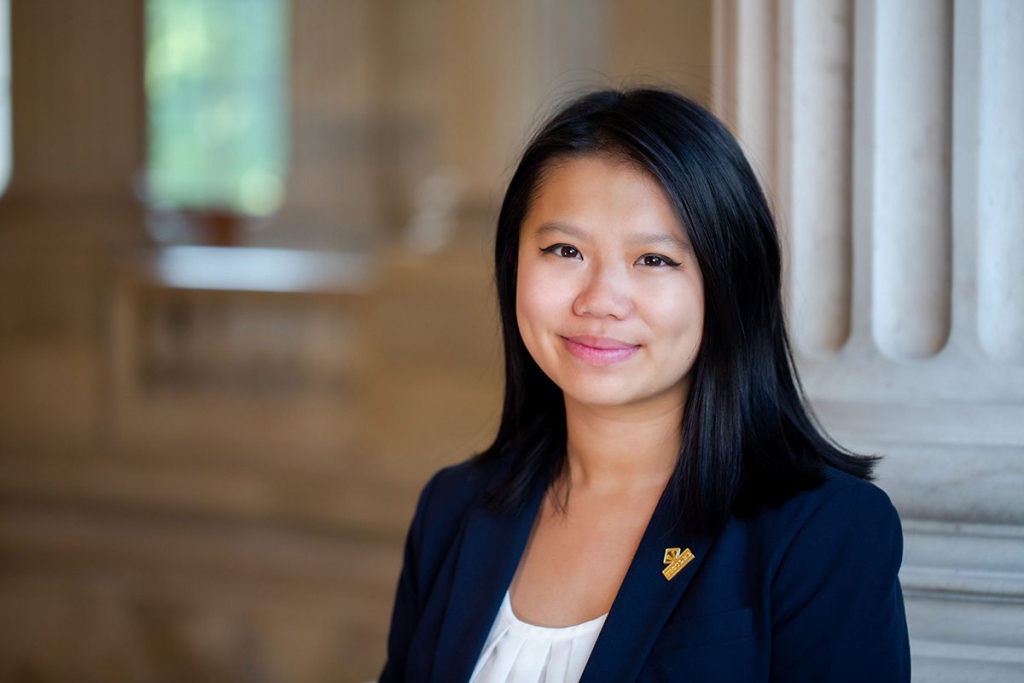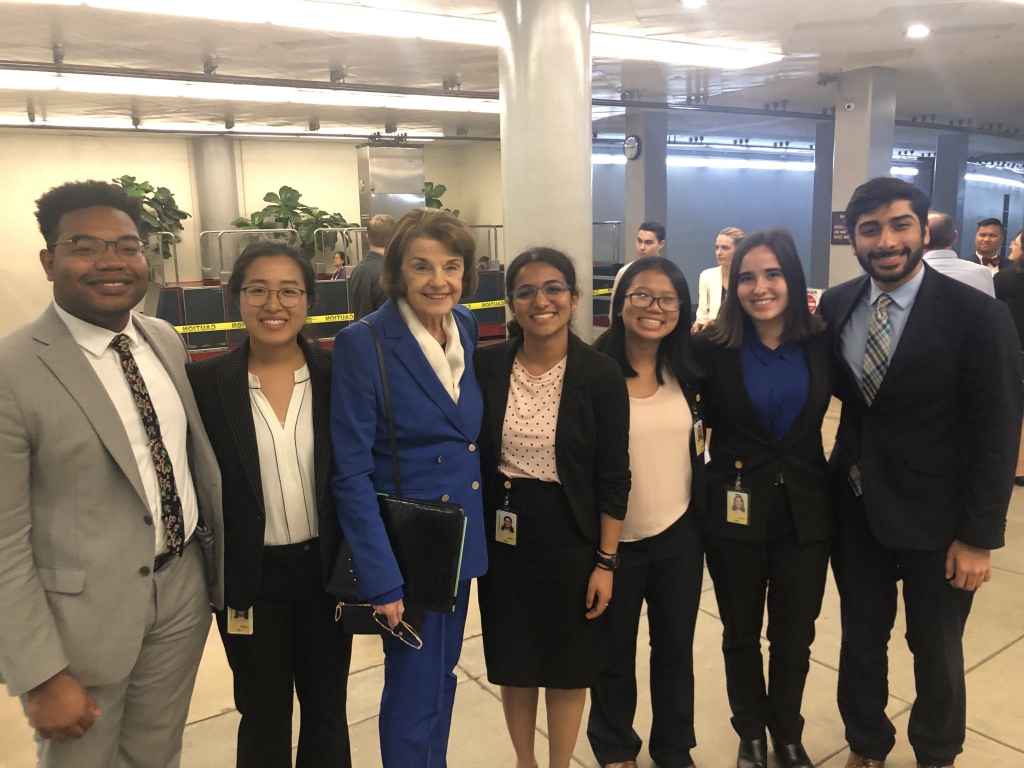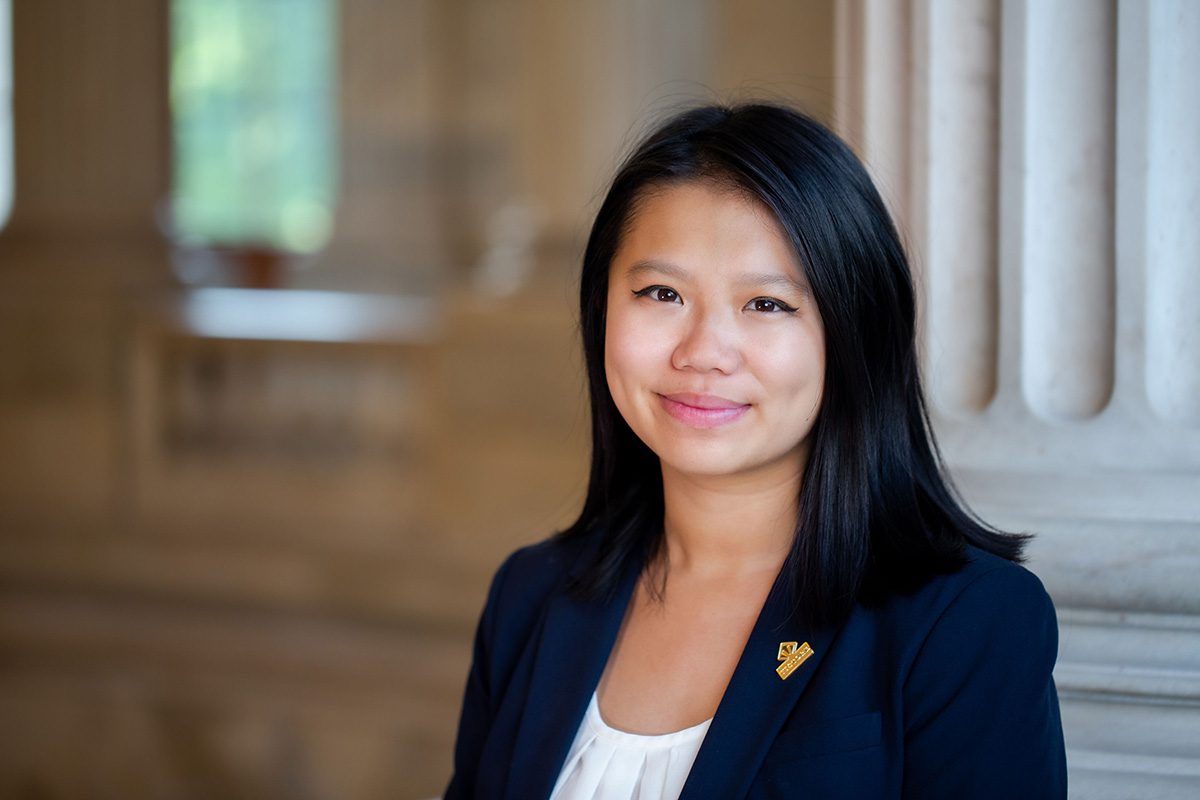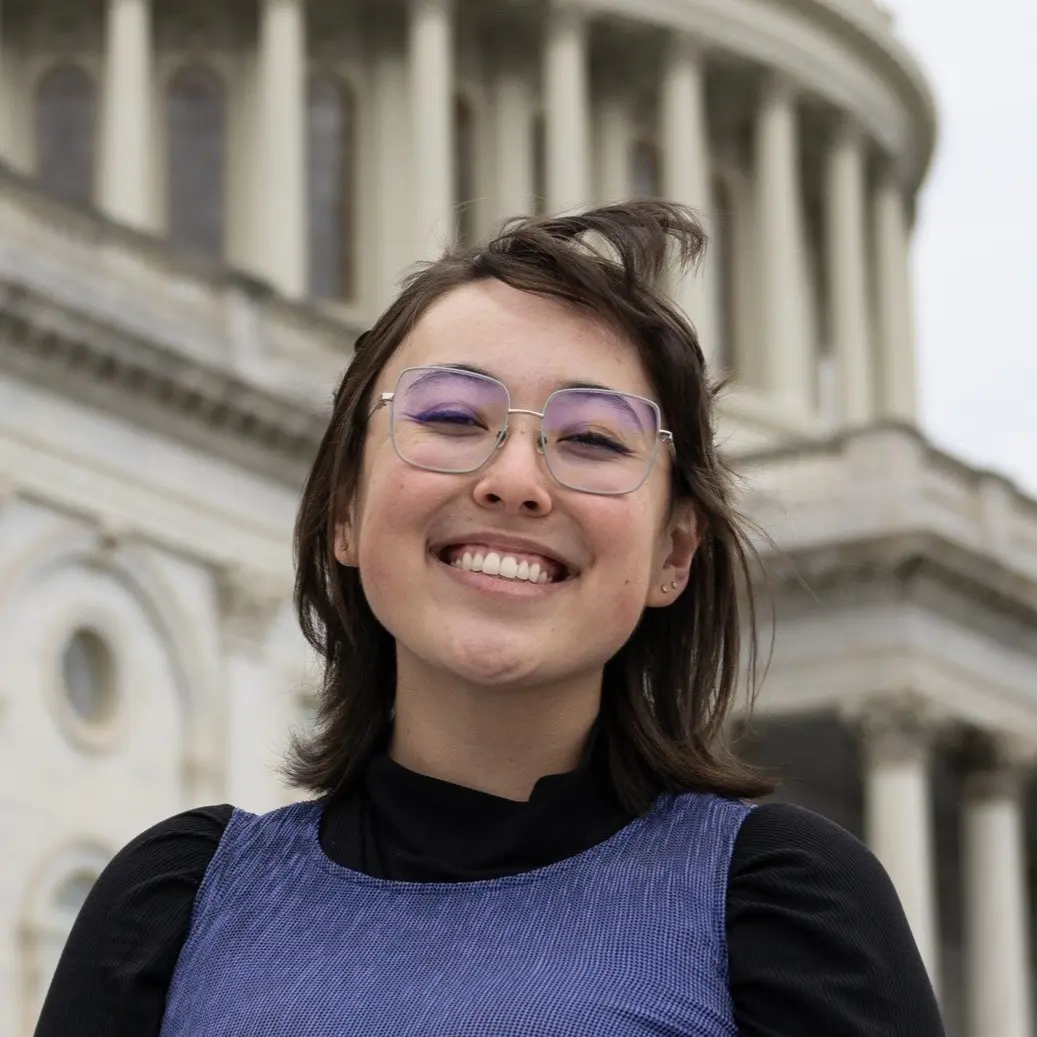
OUT ON THE HILL is the official blog of the Victory Congressional Interns. Views expressed do not necessarily reflect those of LGBTQ Victory Institute. Learn more about the internship at victoryinstitute.org/vci.

For the first week of my internship, I felt like I didn’t know what I was doing and that I wasn’t qualified to be there. Some of the other interns in my Senate office had previous experience either in DC or in District offices, so I felt like I was constantly asking dumb questions that everyone else knew the answers to. My first form letter was a mess, but my legislative correspondent sat down with me and talked me through it. By working hard and demonstrating my eagerness to learn, I found myself improving quickly. I can’t begin to count the number of times a staffer asked me to do something, and I responded along the lines of, “I don’t know how to do that yet, but can you teach me so that I can keep doing this for you in the future?” I also took initiative by asking to tag along with other interns when they completed tasks so that I could learn from observation too.
I think my Hill placement was a perfect fit. I learned a lot from everyone there, and I got the chance to participate in real work with real consequences. I remember during orientation, the Victory Congressional Internship alumni panel told us to ask for assignments, whether it was writing memos or attending hearings. I was fortunate to be in an office where I didn’t even need to ask. My staffers expected me to do the same work that staff assistants or legislative correspondents did. I learned how to schedule tours, draft form letters, and even present a policy recommendation. Although I plan to go to medical school after I graduate, this internship has strengthened my background in healthcare policy, and I hope to continue my advocacy for community and population health.
I also learned from my community service requirement, which I completed at Whitman-Walker Health, an organization dedicated to providing accessible, affordable, and inclusive healthcare for LGBTQ patients. Their services include gender-affirming transitions, sexual health educating and testing, and HIV care and management. As a volunteer, I helped assemble sexually transmitted infection (STI) self-test kits, which were part of Whitman-Walker’s initiative to reduce the rates of STIs in the DMV area. I also trained and served as a Community Outreach Educator, where I went with the Whitman-Walker mobile unit to underserved communities to provide sexual health education, free safer sex supplies, and free HIV testing. My experiences off the Hill provided a taste of the clinical side of healthcare, and I hope to continue serving the LGBTQ community as a physician.

